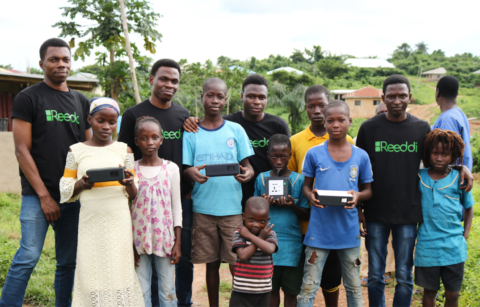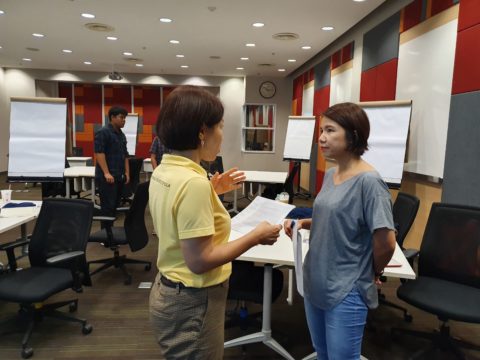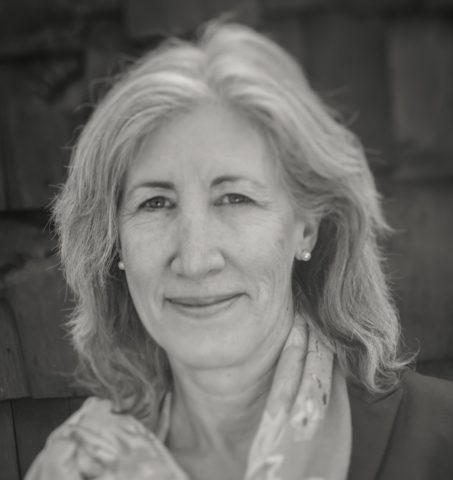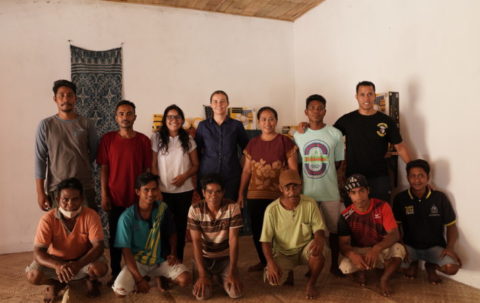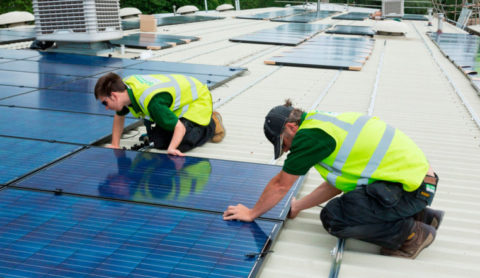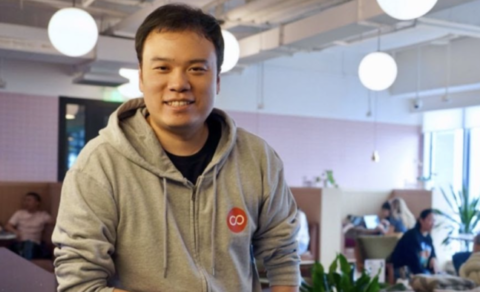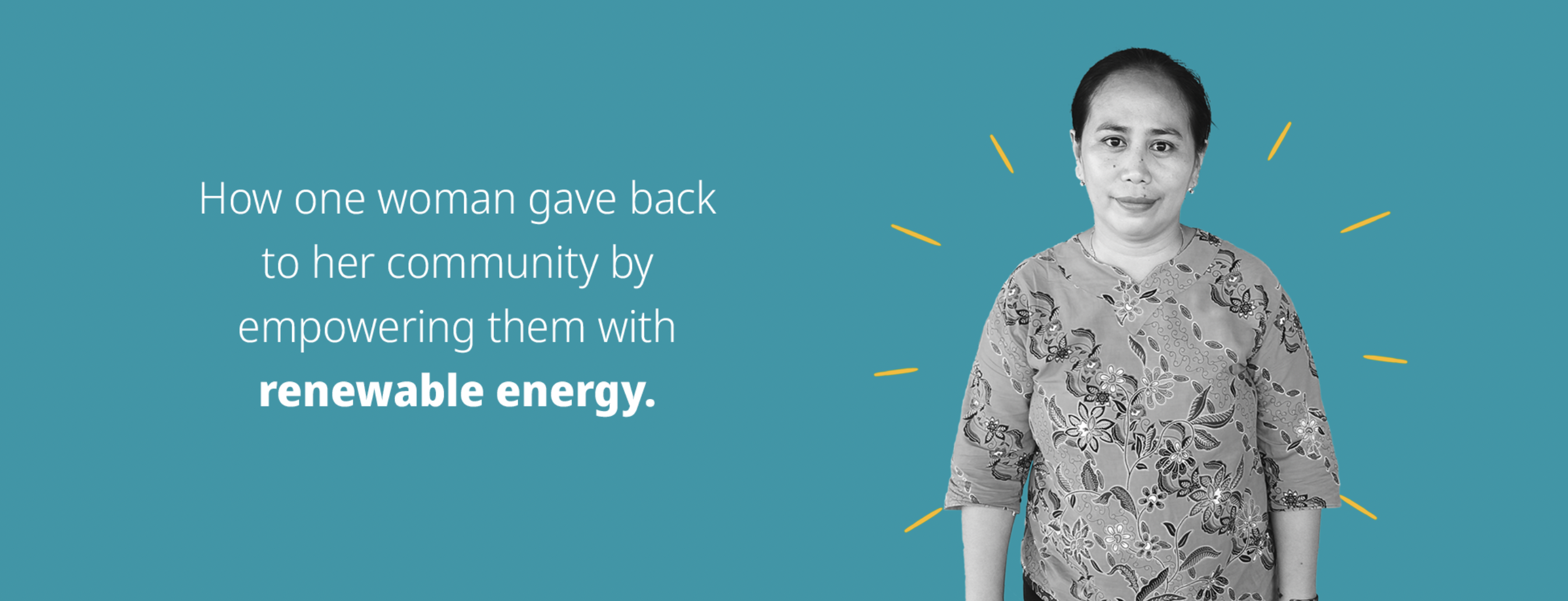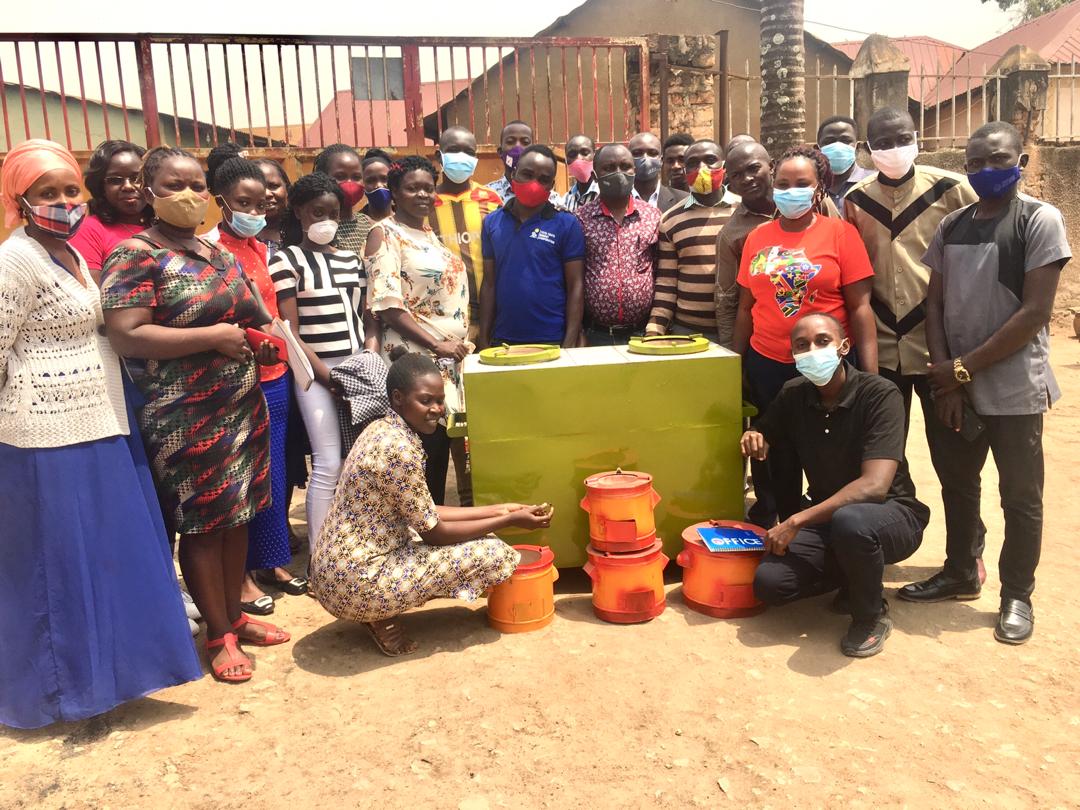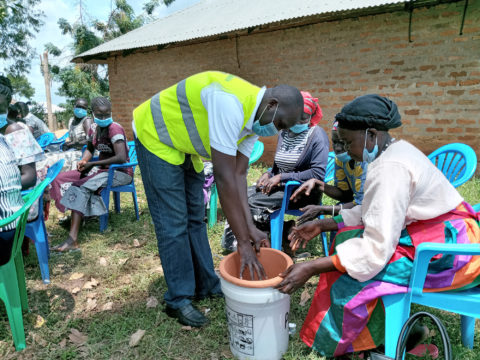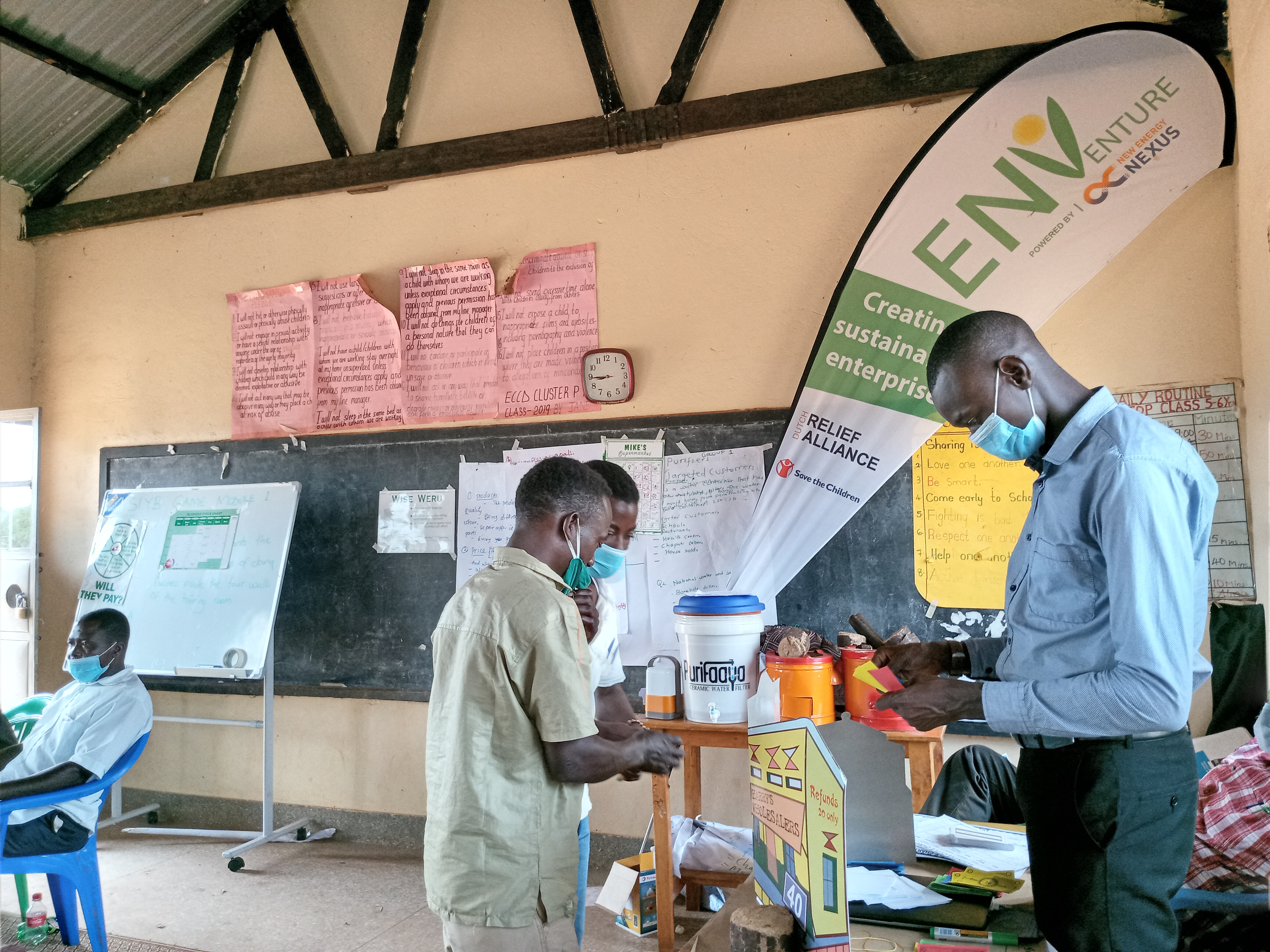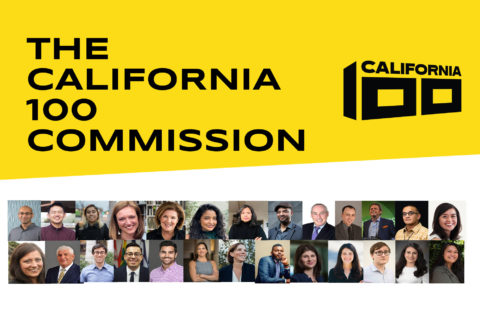What are the unique challenges and hurdles women face to become clean energy entrepreneurs? What needs to be done to break down these structural barriers? And what advice do other women in the clean energy ecosystem have for up and coming talent? We asked some experts around the world at New Energy Nexus.
Only 20% of global startups are led by women (2019), while women represent only 32% of the workforce in the renewable energy sector.
The challenges are social, cultural and financial…
In the United States, female founders remain far behind their male counterparts in raising venture capital. According to an article published by Bloomberg: “Female founders secured only 2% of venture capital in the U.S. in 2021, the smallest share since 2016 and a sign that efforts to diversify the famously male-dominated industry are struggling.” This means that women need to find alternate means of raising the funds to support the development and commercialization of their innovations.
‘’Considering these hurdles, incubators, accelerators and other government programs are working hard to deliver funding, education and resources at the right time to female entrepreneurs to close this gap. NEX is on the forefront of this mission, seeking to provide critical support to a diversity of entrepreneurs so that they can be successful despite lack of venture capital funding.’’ – Tenley Dalstrom, Director at CalTestBed (our California program)

Mia Perez of Solarwise PH, a startup that offers a centralized one-stop online platform linking solar customers, installers & suppliers, supported by NEX Philippines.
In the Philippines and India, the socio-cultural conditioning and gender biases significantly disadvantage women in business, especially in the energy sector, which is perceived to be a male-dominated industry. Another challenge is the lack of strong women role models in the industry to look up to or engage with as mentors.
”There are still informal and social myths and constraints that women face which can stem from lack of strong women role models in energy entrepreneurship to societal expectations that women are less likely to bear harsh working conditions’’ – Brenda Valerio, NEX Philippines Program Manager
In Uganda, some of the main challenges faced by female entrepreneurs are related to access to training. Most women entrepreneurs hesitate to start clean energy enterprises due to beliefs that they should have expertise in manufacturing and repairing clean energy products. They are unsure of the requirements by financial institutions and ways in which they can access financing for energy related businesses. This has resulted in the under-representation of women at all levels in the energy sector.
‘’Financial structural impediments to gender equality translate into barriers to access investment capital. Most financial institutions require assets for one to access credit, yet in the past women were denied property ownership rights to their father’s assets which limits their access to credit’’ – Mackline Banaga, Program Analyst at ENVenture (powered by New Energy Nexus)

Heather Hochrein, Founder and CEO of EVmatch, said “This Rapid Response grant will immediately strengthen EVmatch’s ability to sustain our community-based EV charging network and grow our network at multi-family residential properties throughout California.”
How does NEX support women entrepreneurs?
A 100% clean energy economy for 100% of people requires us to rebalance the scales of power and money: shifting resources to support innovation where it’s needed most, empowering those traditionally excluded from the start-up ecosystem, and focusing on clean energy adoption as much as clean energy innovation. That’s why striving for justice, equity, diversity, and inclusion is fundamental to our mission.
The New Energy Nexus California Programs, CalSEED and CalTestBed, support women and entrepreneurs from underrepresented communities, via an “equity in – equity out” framework. Both programs are committed to ensuring diverse communities across California have the opportunity to participate in the development and implementation of their clean energy solutions. To achieve this goal, the teams actively conduct targeted outreach to ensure that the applicant pool is representative of all Californians. Entrepreneurs are also encouraged to explore innovative ways to bring equitable and impactful clean energy solutions and opportunities to California’s most disadvantaged populations.
NEX California was also awarded a Wells Fargo/National Renewable Energy Lab IN2 Rapid Response grant to support underrepresented entrepreneurs affected by the covid-19 pandemic who contribute significant social impact. The awardees for these grants were female founders who each received US$15,000 non-dilutive grants, networking, and professional development that helped them survive the challenges posed by the pandemic. ‘
In the Philippines, NEX events are designed to incorporate safe spaces where everyone can voice their opinions and insights. The team constantly seeks feedback from the participants on how they can be better supported and create more impact.

Saikrishna Mohanty of Solar Infra, a startup supported by NEX India in partnership with Climate Collective
NEX India supports aspiring women graduates and university students to take up entrepreneurship in clean energy and energy access through a unique startup simulation approach. NEX India also runs early stage accelerator programs for women-led startups in clean energy and energy access to bridge knowledge gaps, build business literacy, build networks and increase confidence to scale up.
‘’NEX India has built an integrated approach to run programs that support a higher number of women to take up entrepreneurship in clean energy and energy access. They support women-led startups in early stages to build capacity and ensure diverse pipelines’’ – Jui Joshi, NEX India Program Lead, Women in Energy Entrepreneurship
ENVenture, powered by New Energy Nexus offers women entrepreneurs business management training, mentorship and coaching programs aimed at improving their business acumen skills and giving them practical experience to run sustainable energy enterprises in the last mile. An effective a loan product has also been designed with women in mind, to address traditional impediments of access to capital.
‘’We prioritize women and create an environment for them to start sustainable businesses by providing them renewable energy stock loans, cash to boost, accelerate, and grow their clean energy businesses. For instance, 70% of our enterprises in our program are women-led’’ – Robert Birungi, Head of Credit at ENVenture, powered by New Energy Nexus
What advice do you have for women entrepreneurs with a clean energy idea or want to create a startup?

Rose Juliet Tabu, a clean energy entrepreneur selling cookstoves and solar supported by NEX in the Bidi refugee settlement in West Nile.
The three pieces of advice were repeated by experts from across New Energy Nexus:
- Build your network: join professional organizations that are focused on your field, participate in webinars, networking events, make contacts, and follow up.
- Nurture a team of mentors and champions: It is important to build these relationships through authentic interactions, rather than transactional requests. Make sure you bring something to the table instead of only asking for help.
- Know your stuff: Make sure that you understand what problem your innovation is solving, the stakeholders involved, your product-market fit, the details of your technology, impact goals, technology readiness level and next steps toward commercialization.
According to the World Bank Gender performance indicator report (2013), women perform better in loan repayment as compared to their male counterparts. They should believe in themselves and be confident enough to acquire credit to start clean energy businesses. Also, one doesn’t necessarily need the technical expertise in manufacturing and repairing clean energy products to run a successful clean energy business, just basic business literacy and understanding of business models is essential. Thus women should step up and start up clean energy businesses being at the forefront of increasing energy access.
If you’re a woman entrepreneur with a clean energy or climate innovation waiting to take off, get in touch and check out our programs around the world!
